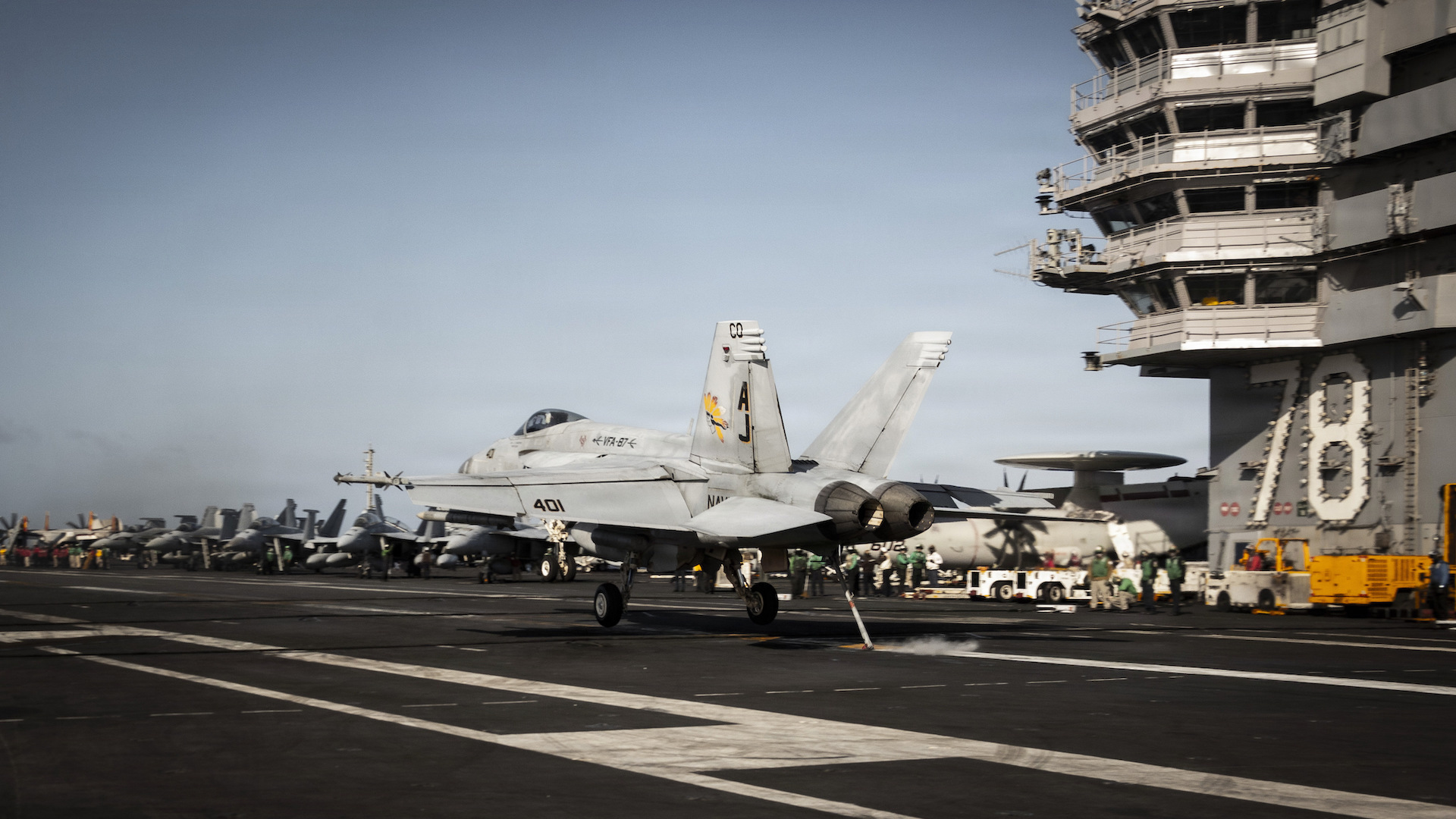Resumption of U.S.-Cambodia Relations: Key Developments and Implications
Overview of the Arms Embargo Lift
The United States has formally lifted a four-year arms embargo on Cambodia, coinciding with the announcement of the restart of the Angkor Sentinel military exercises. This shift marks a significant thawing in relations between Washington and Phnom Penh, particularly at a time when Cambodia serves as a crucial ally for China in the Southeast Asian region.
Framework for Resumption
Details regarding the resumption of military cooperation were finalized during discussions at the recent ASEAN Leaders Summit in Kuala Lumpur, Malaysia, involving traditional partners: President Donald Trump and Cambodian Prime Minister Hun Manet.
- Key Aspects of the Resumption:
- Reinstatement of the Angkor Sentinel exercises, the last of which took place in 2017.
- An augmentation of educational opportunities for Cambodian military personnel at U.S. military institutions, including West Point and the Air Force Academy.
Statement from U.S. Officials
Secretary of State Marco Rubio officially rescinded the arms embargo on October 26, following a notice published in the Federal Register. This document outlines that future arms sales to Cambodia will be evaluated on a case-by-case basis.
- Rationale for the Rescission:
- Acknowledgement of Cambodia’s commitments to peace and security.
- Renewed bilateral defense cooperation, particularly in combating transnational crime.
Geo-Strategic Implications
Analysts suggest that the lifting of the arms embargo is part of broader U.S. strategies aimed at diminishing China’s expanding influence globally and regionally. Gavin Greenwood, a risk analyst, notes:
- Strategic Approach:
- The U.S. employs both incentives and sanctions to encourage countries to distance themselves from Beijing’s grasp.
Focus of Angkor Sentinel Exercises
The Angkor Sentinel initiative serves as a bilateral exercise coordinated between U.S. Army Pacific and the Royal Cambodian Army, concentrating on:
- Peacekeeping operations
- Stability operations, including battalion-level command post exercises
- Engineering and medical civic action projects
Hun Sen, the former prime minister of Cambodia, emphasized that the overarching goal remains the protection and preservation of peace—both internally and with neighboring countries.
Historical Context of U.S.-Cambodia Relations
The military embargo and suspension of exercises were initially imposed due to concerns over human rights violations, a diminishing democratic landscape, and increasing Chinese military engagements within Cambodia.
- Notable Developments:
- China’s substantial investment in Cambodia culminated in projects like the Ream Naval Base, which reopened in April with enhanced capabilities.
- The base has been characterized by some analysts as a potential second foreign naval facility for China, following operations in Djibouti.
However, diminishing Chinese financial engagement has led to Cambodian isolation, exacerbated by a surge in international criminal activity, including human trafficking and cyber scams.
Increasing Collaborative Efforts Against Transnational Crime
As part of the newly revived cooperation, both nations have pledged to work more closely to combat transnational crime, specifically addressing issues like:
- Narcotics trafficking
- Online fraud orchestrated by criminal organizations, which reportedly extract over $10 billion annually from U.S. citizens.
Recent Developments and Future Expectations
The relationship between the U.S. and Cambodia reached a nadir in the late 2010s due to China’s encroachment. Recent U.S. Treasury actions have underscored ongoing concerns about Cambodian financial institutions and their connections to criminal enterprises, further complicating the geopolitical landscape in the region.
Ultimately, Cambodia’s stance on the Ream Naval base remains ambiguous as authorities assert their intent to offer the facility to all allied nations—paired with recent interactions, including a visit from USS Savannah, indicating potential for increased U.S. naval engagement.
In summary, the resumption of defense cooperation between the U.S. and Cambodia illustrates a strategic pivot aimed at enhancing regional stability, countering transnational threats, and managing the complexities of international influence in Southeast Asia.





